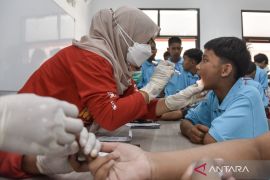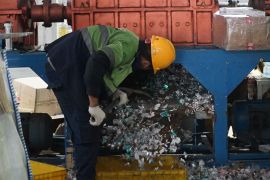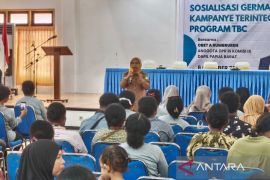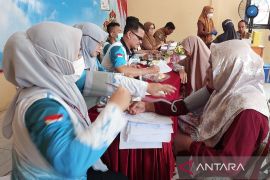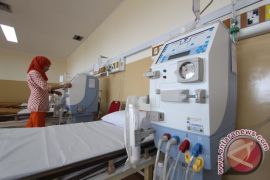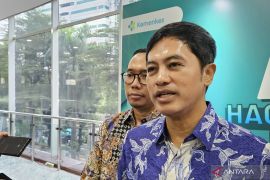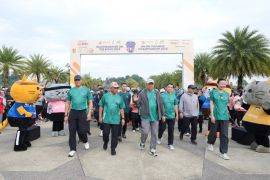Head of the ministry's communication and public services bureau, Siti Nadia Tarmizi, said that currently, Japan is ailed by cases of streptococcal toxic shock syndrome (STSS), which is caused by Group A Streptococcus pyogenes bacteria.
It is called "flesh-eating bacteria" since it can quickly damage skin, fat, and muscle tissues, Tarmizi explained in a statement received here on Thursday. So far, over one thousand cases of STSS have been reported in Japan, raising global concern, she noted.
STSS spreads via respiratory droplets, such as saliva, from infected people, she informed. Although there are no cases yet, the ministry is consistently monitoring the situation through influenza-like illness (ILI) and severe acute respiratory infection (SARI) surveillance, and also genomic sequencing.
The STSS cases reported in Japan have mostly involved symptoms such as pharyngitis, or inflammation of the pharynx.
She stated that Japan has reported STSS cases since 1999 through a surveillance notification system. The country recorded 941 cases in 2023 and 977 cases as of June 2024.
Tarmizi informed that an STSS infection can be deadly as the patient can suffer from sepsis and multiple organ failure. The exact cause of STSS is still unknown because its symptoms are usually mild and can get better in a short time, she added.
Although the numbers seem concerning, she said, the rate of STSS spread is much lower than COVID-19.
"The most important thing right now is to continue the good habits which have been shaped since COVID-19 pandemic, like washing hands with soap and using masks, in order to minimize (infection) from droplets through breathing," she added.
She said that currently no restrictions have been put in place on travel to Japan over STSS.
There is no World Health Organization (WHO) recommendation on limiting travel to countries affected by the disease in the wake of the increase in invasive Group A streptococcal cases, including the STSS surge in Europe in 2022.
STSS is treated with antibiotics. Currently, there are no vaccines to prevent it.
Related news: BRIN finds bacteria with high economic value in deep sea
Related news: Ministry notes shorter intervals in peaks of dengue cases
Reporter: Mecca Yumna Ning Prisie
Editor: Aditya Eko Sigit Wicaksono
Copyright © ANTARA 2024



